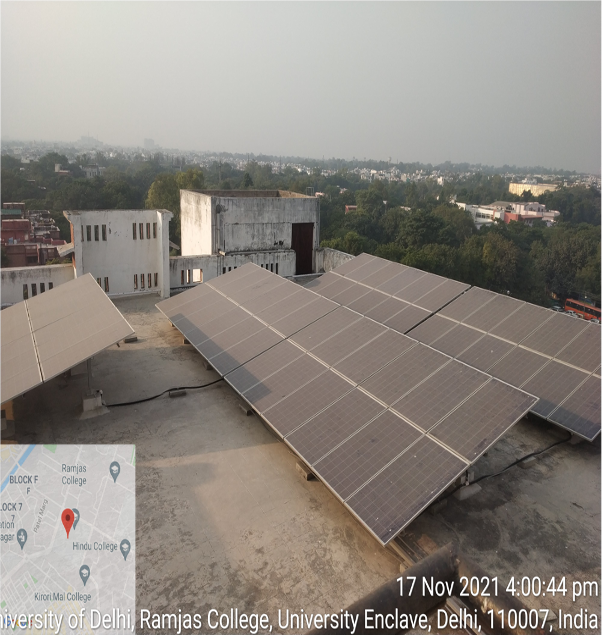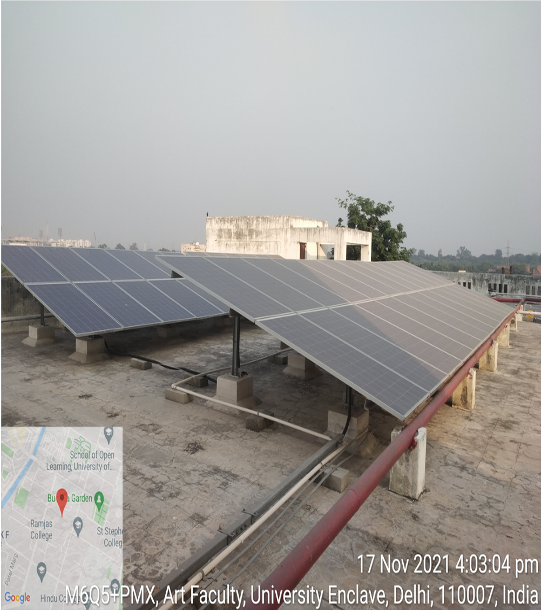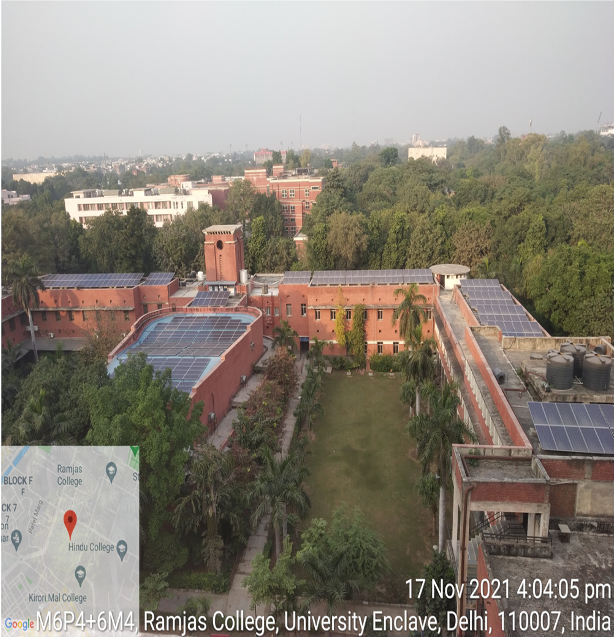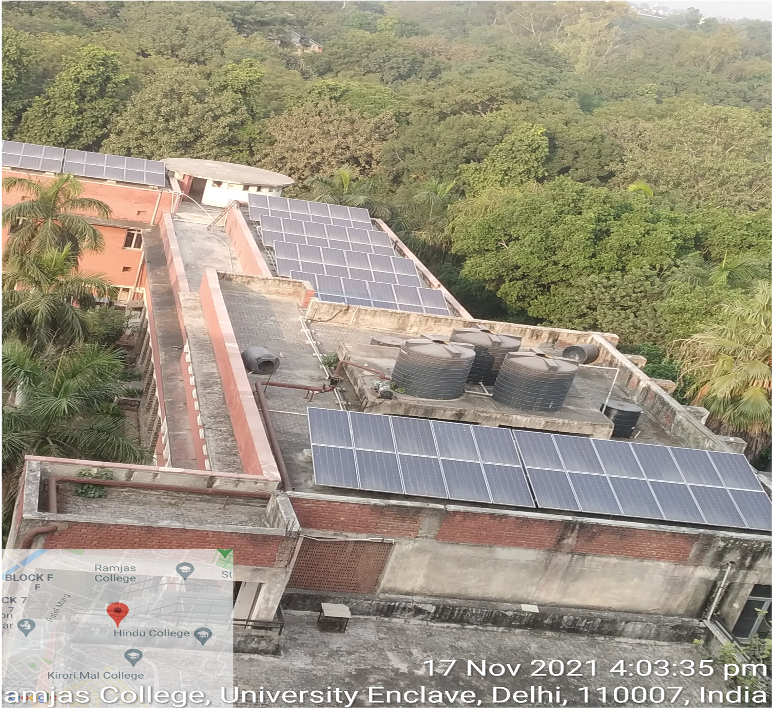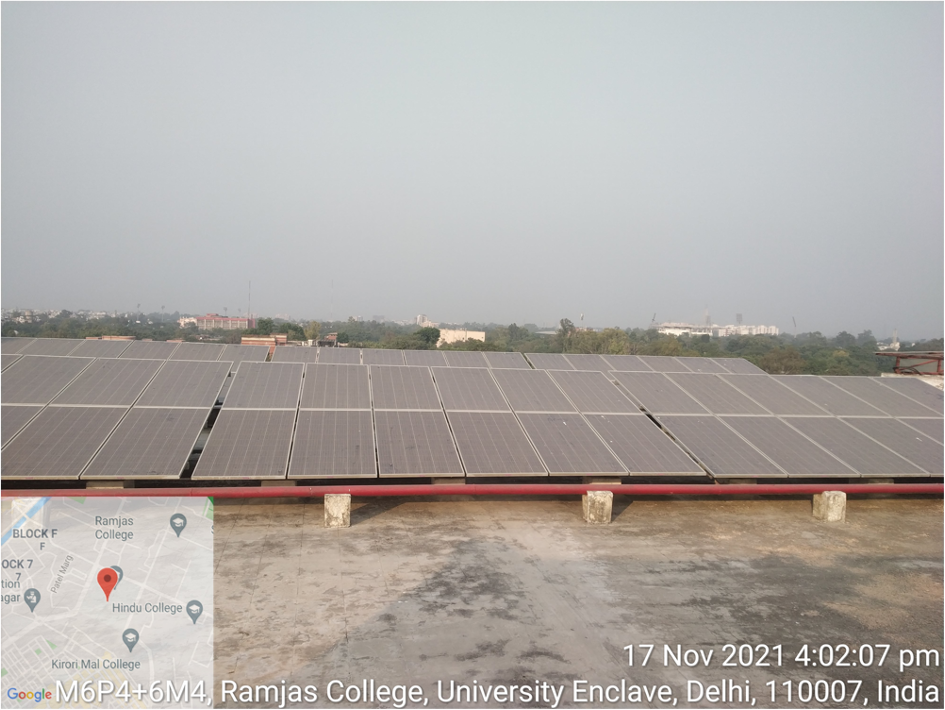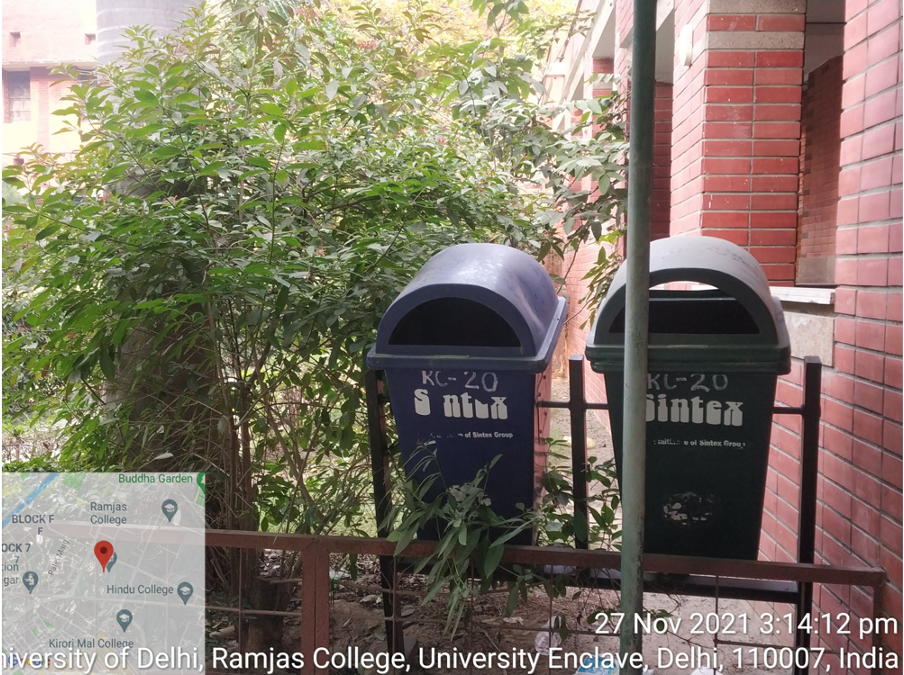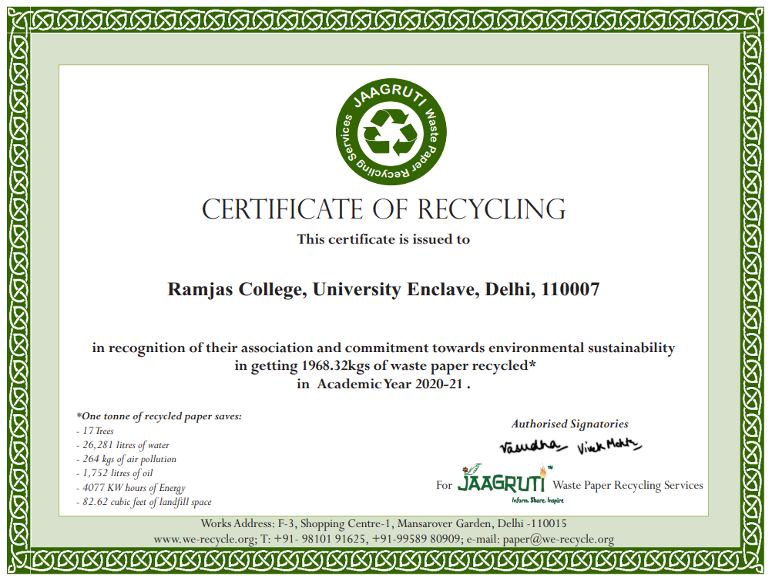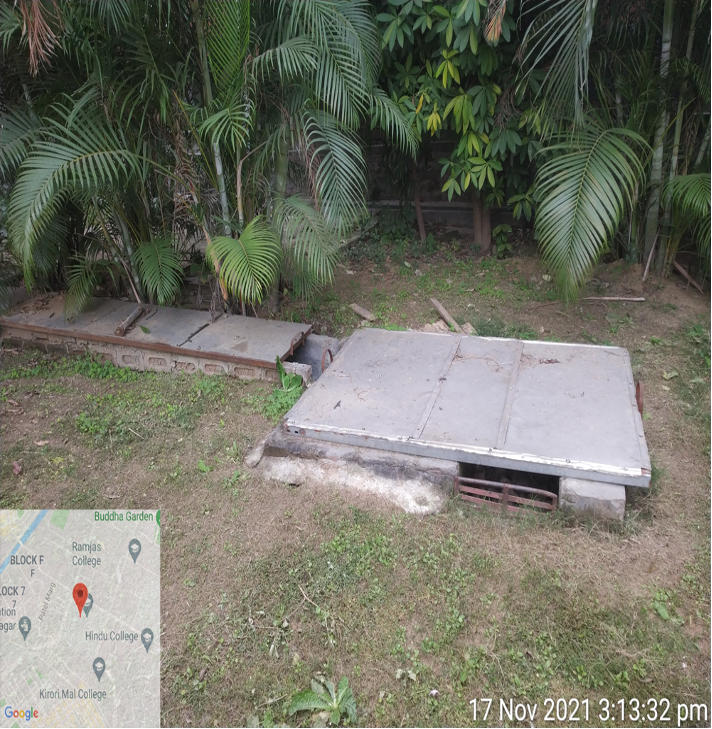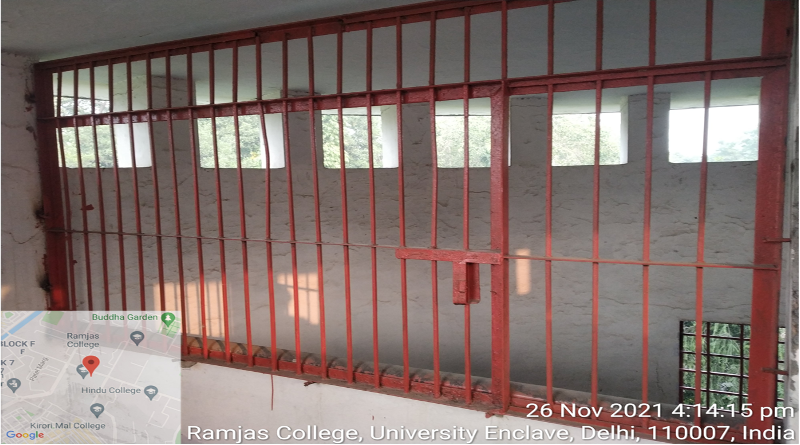Along with adopting a successful teaching-learning process, the college is also concerned with long-term sustainability. The college provides clean and green energy through the installation of a solar energy system on the roof, which has satisfied the college's electrical requirement to great extent. This energy is used as a power backup supply during electricity department outages, resulting in savings of roughly 20% from the day of installation. Solar Energy Power Plants and the use of solar energy also help reduce carbon emissions.
Solar energy is environmentally friendly, pollution free and a clean source of electricity. It has no negative impact on the environment. Solar power plant requires clear water to operate and produces no greenhouse gases. Consequently, it is both environmentally friendly and safe.
Following are some objectives of solar energy:
To cut down on the amount of natural resources that are used up, reuse the materials that are harvested from the natural world as much as is feasible, and generate as little trash as is humanly possible. The application of the waste management hierarchy, which ensures that the financial and environmental benefits of each waste alternative are maximized, is something that needs to be done. Feedback loops, a focus on processes, embodiment of adaptability, and waste diversion from disposal should all be included in an effective and sustainable waste management system.
College has robust waste management systems for following:
